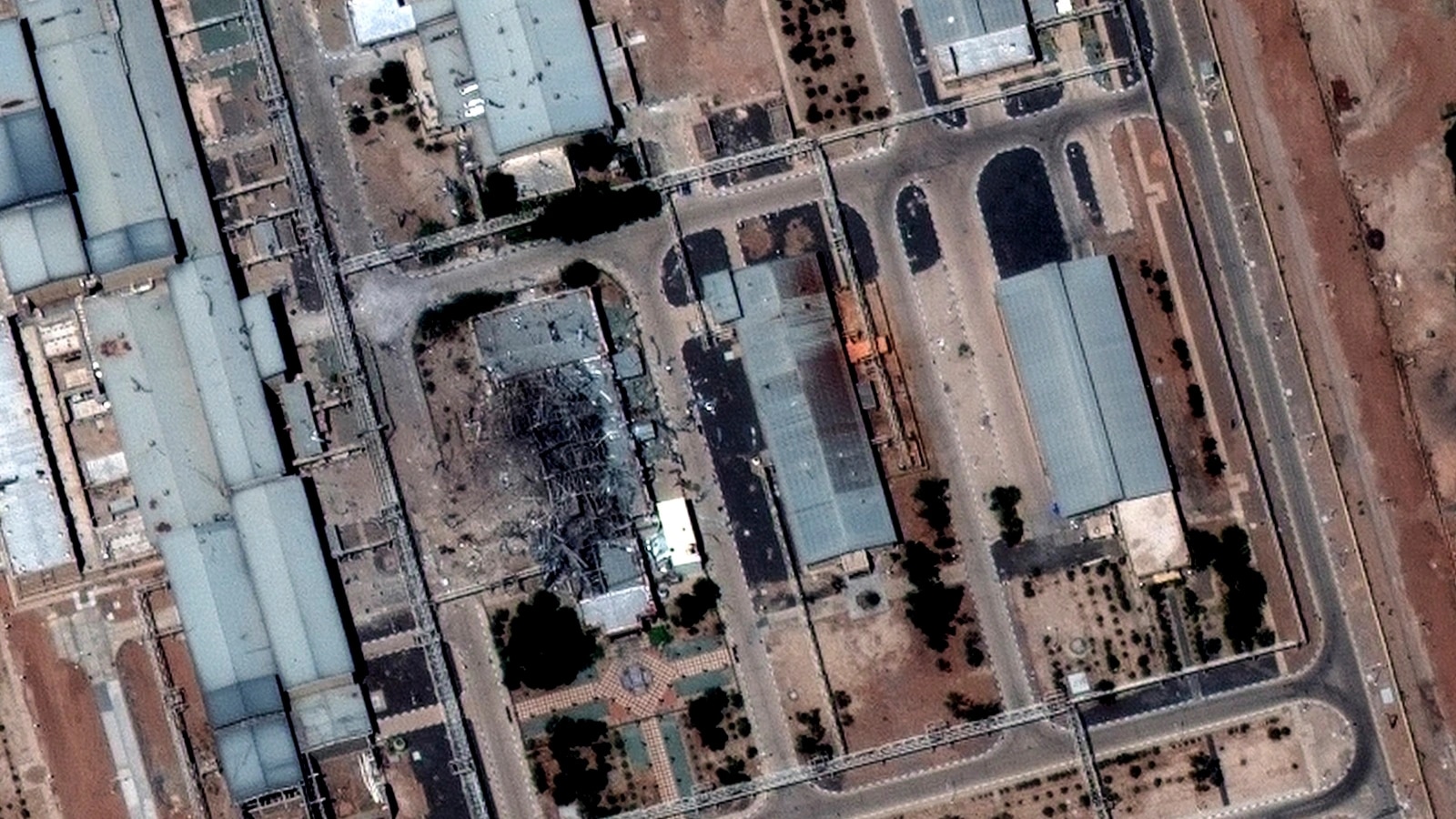Micro Small and Medium Enterprises (MSMEs) will be the growth engines of the country and sectors such as defence, space and civil aviation, which present huge opportunities, are the ones to watch out for, said Priyank Kharge, Karnataka Minister for Rural Development and Panchayat Raj and Minister for IT & BT, while speaking at MSME Growth Conclave 2025, organised by The Hindubusinessline in Bengaluru on Wednesday (June 25, 2025).
Addressing a packed audience of MSME entrepreneurs in Bengaluru, Mr. Kharge said Karnataka was trying to make all projects water-secure and energy-secure, along with a focus on sustainability. “Everybody speaks about giving incentives and subsidies, but just those things will not work. I need to ensure we create an agile and secure ecosystem for you to thrive,” he added.
He also said the State was trying to create affordable infrastructure and plug-and-play facilities for SMEs and MSMEs, especially in areas beyond Bengaluru. “We are creating infrastructure in Mysuru, Hubballi, Belagavi, and Kalaburgi, where we give you facilities at affordable rates so you can experiment, innovate and invent things that can be then commercialised,” he told the entrepreneurs.
Also read: Lack of access to credit, manpower shortage major challenges to MSMEs, shows SIDBI study
Mr. Kharge said his government was initiating a Local Economic Accelerator Programme (LEAP) to establish budgetary facilities outside Karnataka with increased incentivisation, subsidisation and help entrepreneurs with market linkages. “Whether it’s powering innovation in cutting-edge fields or creating millions of jobs across towns and villages, MSMEs are set to be the growth engines for the country,” he added.
Global competition
Alongside, Mr. Kharge highlighted that Karnataka’s competition was no longer with neighbouring States — Telangana, Tamil Nadu, Kerala, or Maharashtra — but with global manufacturing hubs such as Vietnam and China.
Observing that Bengaluru’s entrepreneurial spirit was over 500 years old, the IT/BT Minister said the city was initially built as a place for trade and commerce. Before the country’s Make in India initiative, Karnataka was already vocal about local. “If Bengaluru or Karnataka is a leader in various sectors, including manufacturing, it is because we have been nurturing it over many years,” he said.

In a candid fireside chat with Raghuvir Srinivasan, Editor of businessline, Srinivasagopalan Rangarajan, Chairman, and Managing Director, Data Patterns (India) said, despite decades of reliance on imports, India’s private defence tech sector was beginning to assert itself, with homegrown companies now building world-class systems from scratch.
“India imports almost everything even today. All these imports give the country a market opportunity to build and design a world-class systems here.’‘
‘Focus on core idea’
Mr. Rangarajan emphasised that for MSMEs to succeed, they must focus on the core idea they start with and build deep expertise around it, rather than constantly shifting direction. “If it’s not outstanding, you will be forgotten and remain just one of the other players among many,” he cautioned.
His company, Data Patterns, is a vertically integrated Defence and Aerospace electronics solutions provider, that has developed fire control systems for BrahMos and supplied products for LCA-Tejas, and Light Utility Helicopter, among others.
According to him, Data Patterns built automatic test systems from scratch, the first of which was sold to the Department of Space (DoS). However, convincing the DoS was initially difficult, as they had concerns about the system’s durability. Over time, the company secured single-vendor status for all launch system orders, he added.
Along with patience, long-term persistence, and passion, MSMEs should refrain from taking shortcuts due to a lack of funding. Smaller companies must also be frugal with their money, and prudent with their spending, he advised.
The panel discussion on defence manufacturing further explored this momentum. Lt. Col. Velan, CEO, Elena Geo Systems, added that India must move towards global standards at par with the EU and the U.S.
Betting high on India’s global brand-building moment, Ananth Narayanan, Founder and CEO of BRND.ME (formerly Mensa Brands), said MSMEs had a critical role in this ecosystem but should be cautious against scaling at the cost of fundamentals.
“Don’t confuse growth and unit economics. Don’t take too much capital. The more capital you take, the more you need to return,” he added.
Mr. Narayanan also noted that India was entering a decade where global consumer brands could be built from the country.
“I am incredibly bullish about being an entrepreneur in India over the next 10-20 years. The macro forces are with us,” he said. “We have a young labour force, large consumer demand, manufacturing capability, digital infrastructure, and capital.”
“Technology is a great, great equaliser. Technology allows for global access. Therefore, don’t just think India, think global,” he said, adding that global distribution had become far more democratic and affordable. “For ₹120, you can reach 20,000 pin codes in India. For $3, you can reach almost any pin code in the U.S.,’‘ said Mr. Narayanan, who has earlier led Myntra.
A session on MSMEs and Make in India highlighted the need for stronger public-private collaboration, better access to capital, and policy stability to enhance global competitiveness.
Vijay Peri, VP – India Industrials at Zetwerk, told M. Ramesh, Consulting Editor, businessline, “India isn’t just an alternative to China. While China+1 gave us visibility, the current geopolitical climate is giving us urgency. Global players are actively diversifying supply chains.”
Rohit Punja, Administrator, Nitte Education Trust, closed the conclave by underlining the role of MSMEs in building India’s industrial future.
Mr. Punja emphasised how engineering colleges are required to be associated with industries to bridge the gap between industry and academia. He said Nitte Meenakshi Institute of Technology was one of the 20 engineering colleges chosen by the DRDO for defence studies and related research activities. He said it was the only college in Bengaluru where M.Tech in Defence Technology programme was open for students. He gave a call to MSME industries to make use of the high end research findings available at NMIT.



.png)
.png)
.png)
















 4 hours ago
5
4 hours ago
5








 English (US) ·
English (US) ·